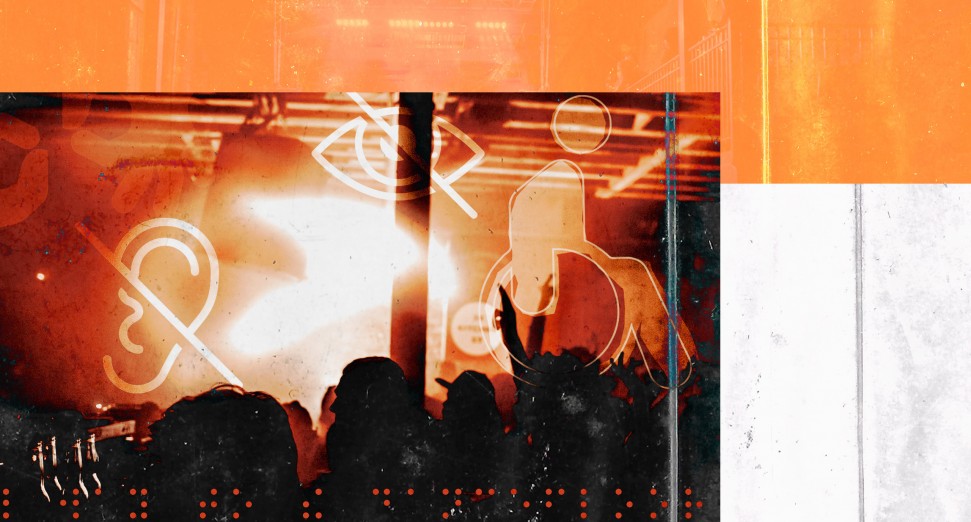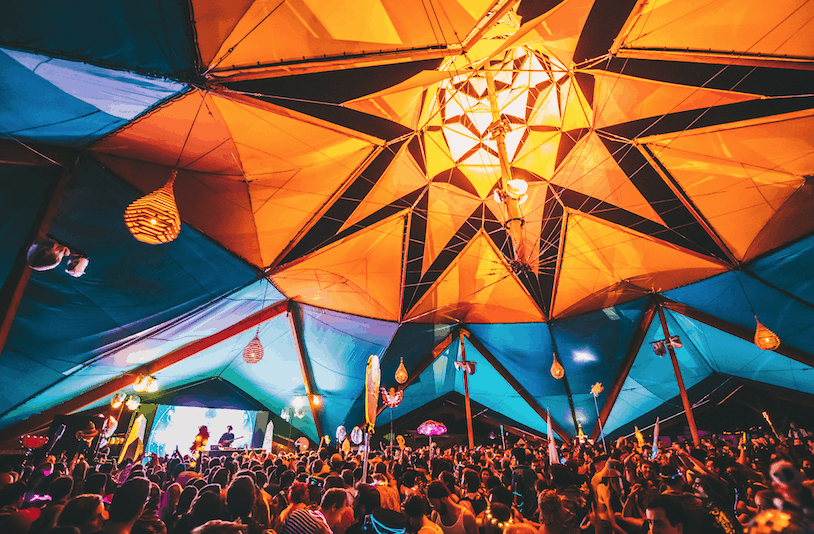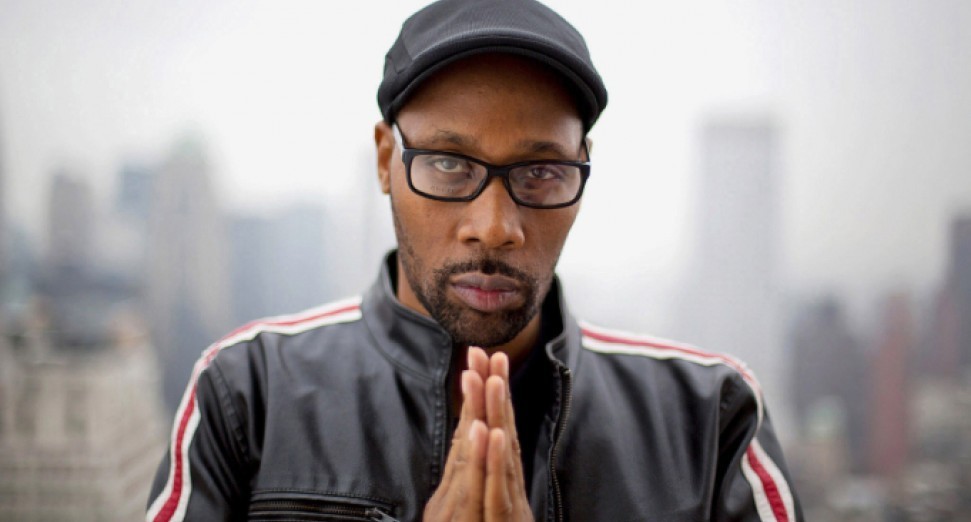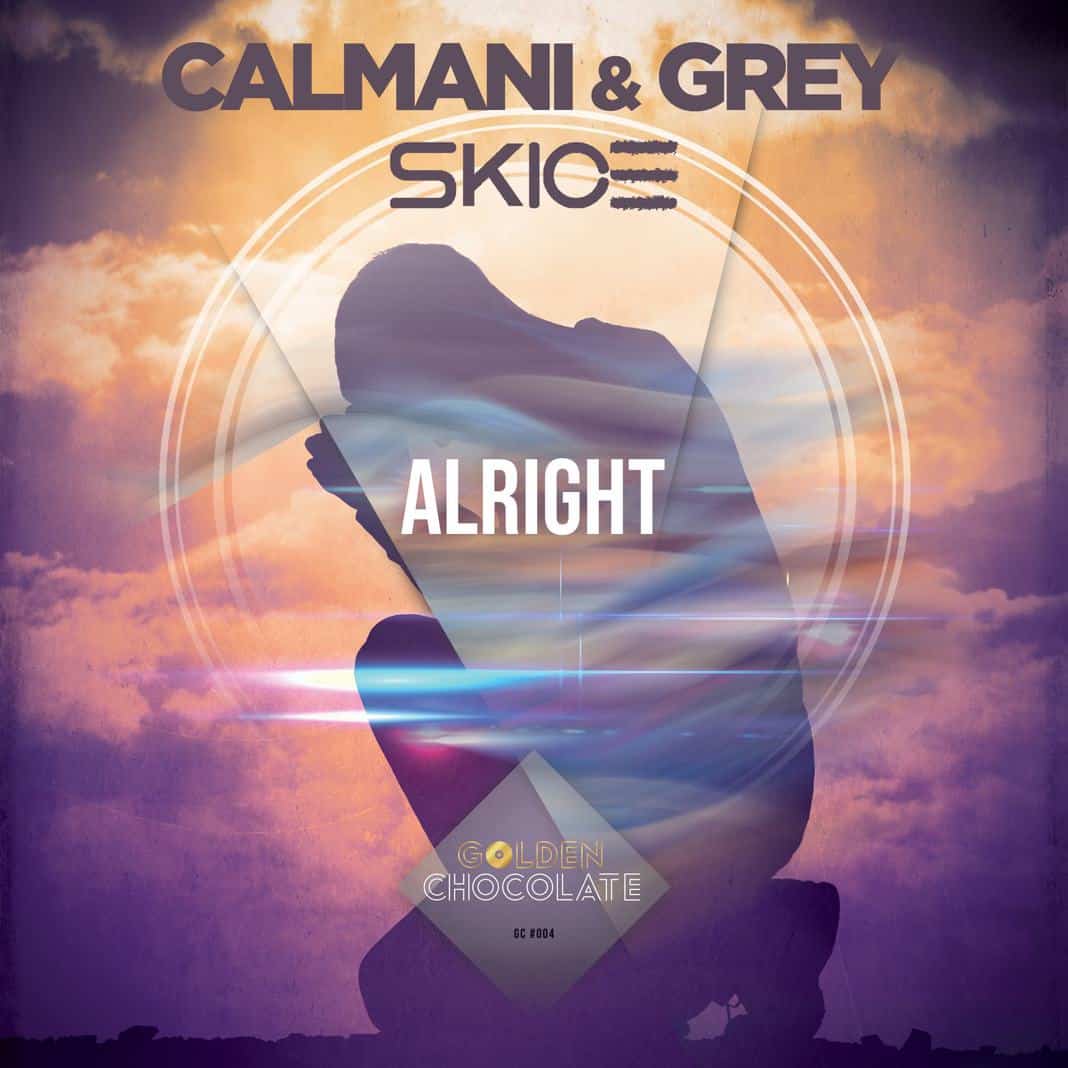
UK music industry workers with non-visible disabilities fear disclosing their condition, new study finds
A new Arts Council England-funded consultation has revealed many music industry workers with non-visible disabilities are putting their health and safety at risk by not disclosing details of their condition.
From almost 150 professionals working in the UK music industry who took part in the survey and identify as having a disability or a long-term health condition, 71% stated their impairment was not clearly visible to others.
Of those, 88% said they “sometimes” or “never” tell colleagues and bosses about the condition. From that subset, 69% admitted this would put them at risk, but chose not to say anything because they feared experiencing discrimination or being given less work.
The report backs up a previous Arts Council England investigation, which found people with disabilities are underrepresented in the UK music business. Just 1.8% of industry workers fall into this category. In the general population, 18% of UK residents are registered or considered disabled.
Other new findings included 79% of respondents agreeing that a lack of opportunities in music for young people with disabilities was a leading cause of the representation issue. 90% also stated that more visibly disabled people in music would help.
85% claimed they thought media representation of artists with disabilities focused on “tragedy rather than empowerment”, and 73% believe the notoriously long hours of the industry could discourage disabled people from applying for jobs as they may need more flexibility.
Ben Price, the founder of Bristol-based Harbourside Artist Management, who has a non-visible health condition, designed the consultation. An account of his own experiences working in the industry has been published by Disability Arts.
“With my own lived experiences I was keen to embark on this research. I myself have a disability that I didn’t feel able to disclose, and I wanted to explore the perspectives of others in a similar position, as well as solutions of what can be done to improve disabled representation in the music industry,” Price said in a statement.
“This aim is not necessarily to ask more people to disclose their disabilities, but to encourage an environment where those conversations are normalised and more people with a disability or long-term health condition can be welcomed into the industry – at all levels – without barriers.”
“Ben Price continues to highlight the barriers that disabled professionals face from the music industry and these results reflect similar data to statistics and anecdotes that Attitude is Everything have recently published,” said Suzanne Bull MBE, founder of the charity Attitude is Everything, which works to improve live music access among deaf and disabled people.
“It’s clear that there needs to be a big shake-up of attitudes and perceptions of disabled people by the music industry; everything from making it safer for colleagues and artists with health conditions to disclose, as well as ridding the industry of some long-held assumptions that disabled people just can’t have a career in music – assumptions which continue to be rooted in the way that our society regards the disability community,” she continued.
“And yet it doesn’t have to be this way. Attitude is Everything have two key programmes with which we’re seeking to transform this industry for the better – Beyond The Music, an accessible employment programme, and The Next Stage, a programme to support disabled artists with opportunities, information and advice, so we’re well placed to support the industry to improve,” Bull added.
Earlier this year, DJ Mag spoke to promoters, artists, and venue management about steps being taken to make nightlife more accessible and inclusive for people with disabilities. In 2018, a collaboration between Avnet and Not Impossible Labs resulted in a new technology that allows deaf people to experience live music through vibrations.



